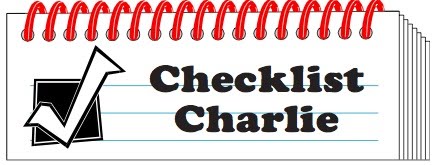Dyslexia is a blessing.
It does not seem that way in 1st and 2nd grade when your child comes home with big red X’s on his paper because he wrote a 2 where his brain was thinking of a 6.
It does not seem that way in 3rd grade when he’s the only one in the classroom who can’t read his assignments so you are spending your weekends catching him up by reading each and every chapter to him out of textbooks.
There was a day when ISD administrations were slow to take up the issue of dyslexia because it represented a new expense, another burden. Fifteen or twenty years ago, a handful of parents fought hard to make special training for dyslexic students happen in our area.
What a blessing for those of us who have come afterward.
Fortunately those parents discovered a fabulous program, developed by Scottish Rite which is now the benchmark for all that followed.
“Dyslexia is a learning disorder that affects approximately 10 percent of children,” according to the Texas Scottish Rite Hospital for Children website, http://www.tsrhc.org/dyslexia-educator-center.htm. “Those diagnosed with dyslexia have trouble connecting sounds to letter symbols. This affects the way children with dyslexia learn to read and spell.”
“Well, no dah!” I would have shouted at my computer screen a few years ago, fearing my son would never read, never keyboard, never have a chance at college.
“Children with dyslexia can learn to read and be successful despite their learning differences. Fortunately, major strides have been made in understanding the language-based disorder, many of them at Texas Scottish Rite Hospital for Children,” says the article.
Dyslexia does not seem like a blessing at first. It seemed overwhelming.
Therein lies the problem: We tend to protect our children from any form of discomfort. Most parents, including me, don’t usually see challenges as a blessing.
Especially if those challenges involve making the parent (me) uncomfortable!
Later, when we begin to see how much fortitude our dyslexic child has gained in the process of learning to compensate, suddenly our viewpoint may start to change.
When we see success.
When we see his willingness to work harder than everybody else. Then the realization dawns that dyslexia has turned out to be a blessing.
Cathy Primer Krafve, aka Checklist Charlie, lives and writes with a Texas twang. Comments are invited at http://checklistcharlie.blogspot.com.
